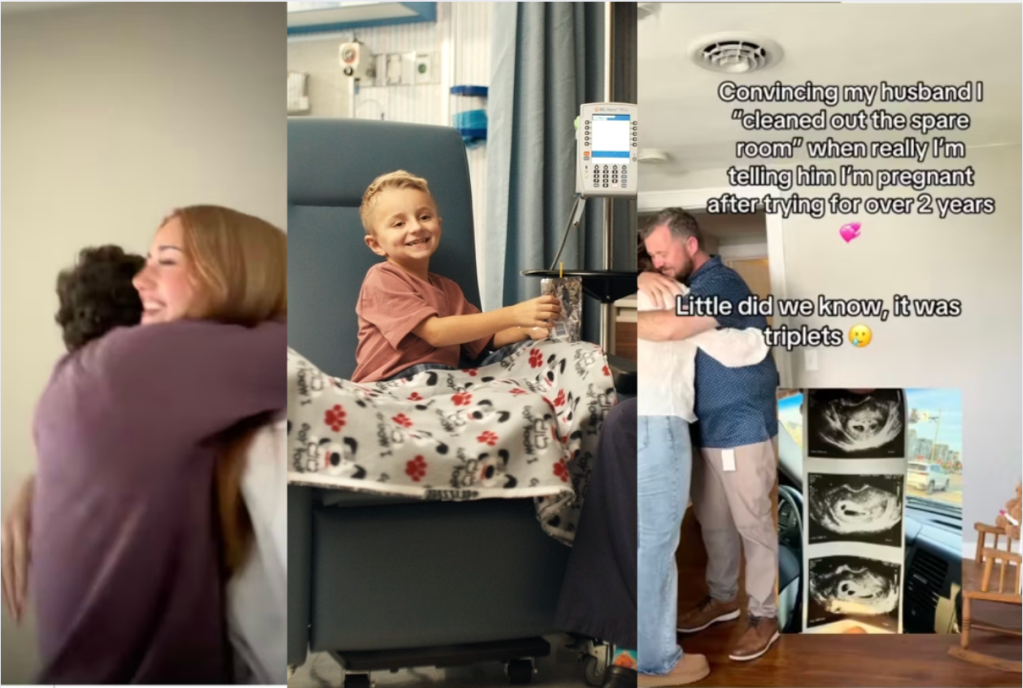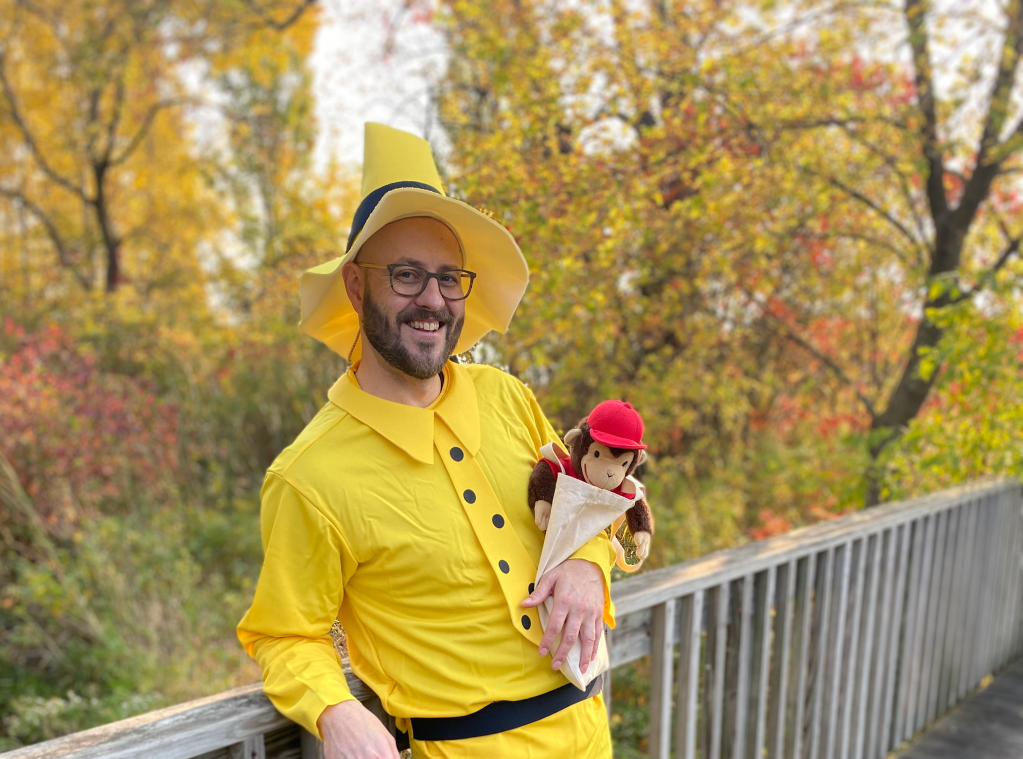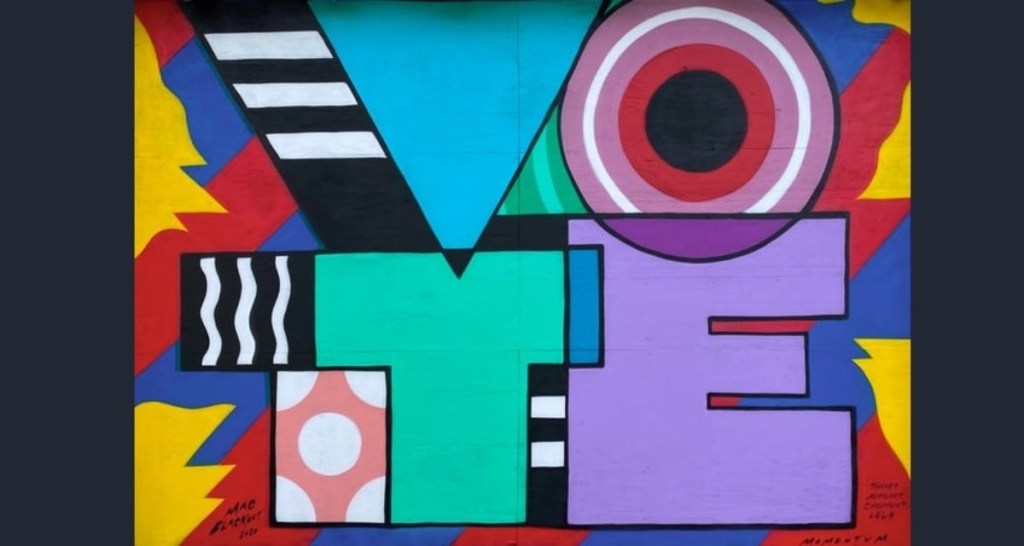America, we have work to do.
Whether you’ve been fighting against racism for years or you are just waking up to the fact that there’s a battle going on, it’s time for us to iron out a few key pieces of information. There are a lot of unfamiliar words and phrases being thrown around, but please don’t turn to Black people to explain this stuff to you. This is literally why the internet exists.
To help remove some of the guesswork, we interviewed Dr. Katrice A. Albert, a national thought leader and expert on racial diversity and inclusion, to get her thoughts on what we can do today, right now, immediately to help us all move forward together.
After doing this work for 25 years, winning multiple awards and honors and accomplishing more professionally than most people achieve in their lifetime, at the end of the day, Dr. Albert is still a Black woman in America. And her answers to our questions combine her expertise with the perspective of her own personal experience.

Let’s begin with the basics.
What is the difference between equity and equality?
Equality means everyone has the same access to whatever it is that you’re offering. Dr. Albert uses an analogy involving a dozen candied apples. “Equality means that everyone would receive the same number of candied apples, but equity is the idea of giving people what they need. So, if I’m a diabetic I don’t need a candied apple. I need something else…like a cheese stick.” Systemic change requires both equality and equity, “providing people with what they need for access and success,” said Dr. Albert.

So, what exactly is systemic racism?
To put it bluntly, our country was set up to benefit white men, who have historically held positions of power and influence. Look at the wealth. Look at incarceration. Take a step back and observe our systems. Run an internet search on this topic and spend some time reading about it.
To illustrate the picture, Dr. Albert recounted a story about a Black woman who shared how she, over the course of her 20-year career in a sports organization, trained six people for a job that she was passed over for, who moved on to become her bosses. “This woman trained up six white men, and she was never able to be seen as a critical part or the smartest person in the room to do this job,” said Dr. Albert. Something is wrong with this picture, don’t you think?
Well…then who is responsible?
“Equity and diversity are everyone’s responsibility. Every single one of us is responsible for getting us to be our very best selves as Americans,” said Dr. Albert. “The onus is not on Black people to teach white people how to be.”
So, what can be done about this? How can just one person make a difference? Dr. Albert breaks her answer down into four basic steps:
Manage yourself. Commit to self-awareness. Commit to educating yourself and be willing to reduce your defenses. Your ego will take a hit; accept that you’re going to find out that you’re wrong about things you’ve professed as truth. You have to be okay with sitting with some discomfort.
Manage your immediate sphere of influence. This means your household, family, spouse, friends, and children. Think about how to convey the message of “we all have to be in this together in order to dismantle racism.” Encourage those around you to vote and to raise anti-racist children.
Wield your power. If you have decision-making power at your job, church, or civic organization, you have to use that power to create room for people of color. Aren’t sure where to start with that? Ask yourself a few questions. Who runs things? Look around the room. Does everyone look like you? Think about what you can do to make sure that the policies and climate is such that marginalized people feel like they can win.
Exercise compassion. “People of color are exhausted, but we don’t have a choice but to be compassionate for wherever our friends are right now. It’s a part of their everyday work to help us get to our highest potential,” said Dr. Albert. “If educating yourself is as far as you can go, great — do that. Because it will touch everyone you come in contact with.” She went on to point out the importance of demonstrating compassion and grace when dealing with ourselves and others. “I have to demonstrate that I’m always going to come from a place where I’m going to assume positive intent from everyone,” she said.
How can one person do all of that without some serious self-care? Dr. Albert tells Upworthy that the two things that keep her anchored are “radical self-care and radical joy,”— two things that have become increasingly more challenging during the Covid-19 pandemic.

“I decided to send myself flowers weekly every Monday. From me, to me,” she said. “The inscription is the same every time, it’s a quote from [renowned civil rights leader] Ella Baker: ‘Give light and the people will find a way’.”
This weekly message reminds her to press on, without fear — knowing she is called to a higher purpose. If that’s not inspiring, we don’t know what is.
Turn your everyday actions into acts of good every day at P&G Good Everyday.

































